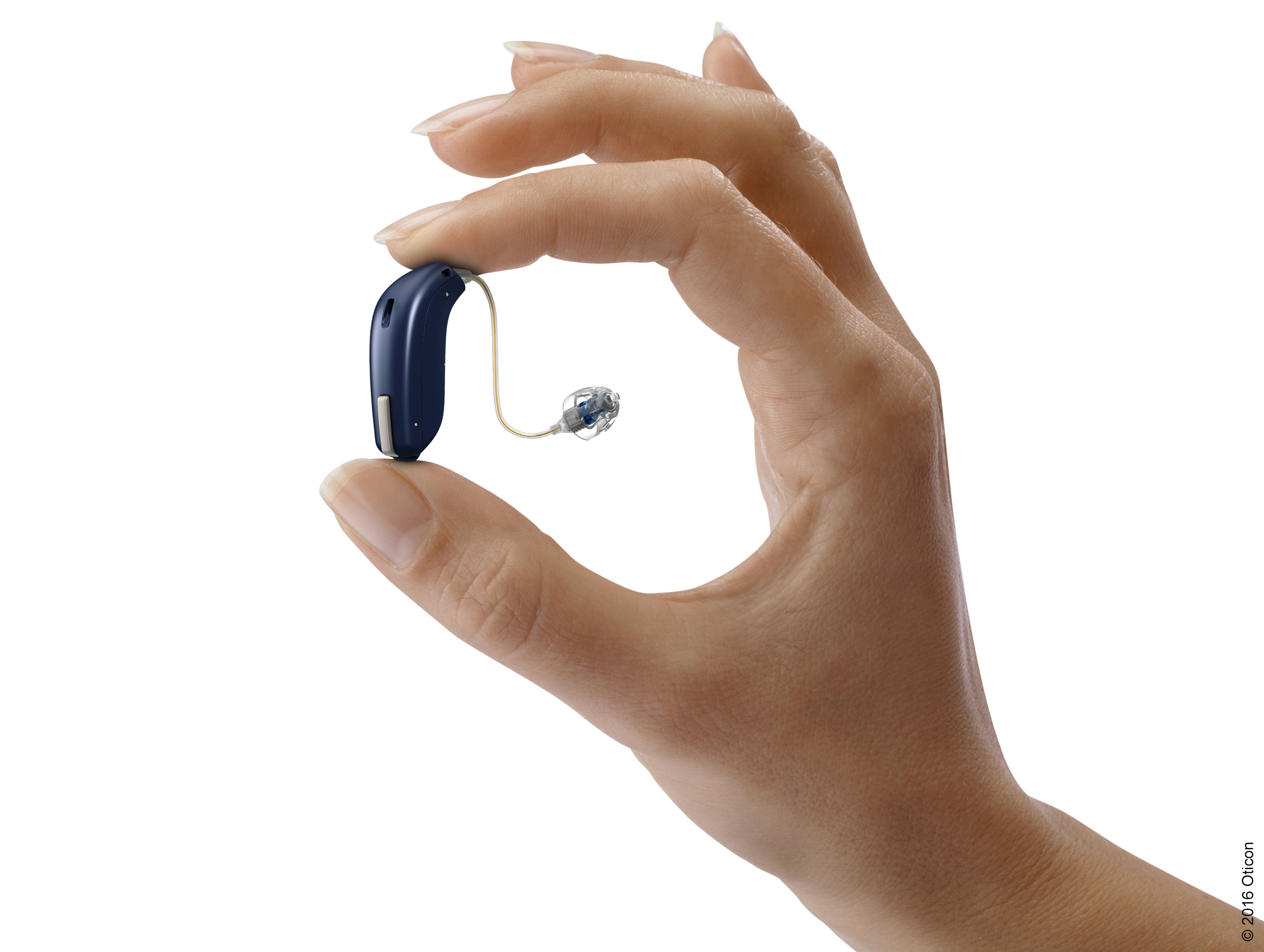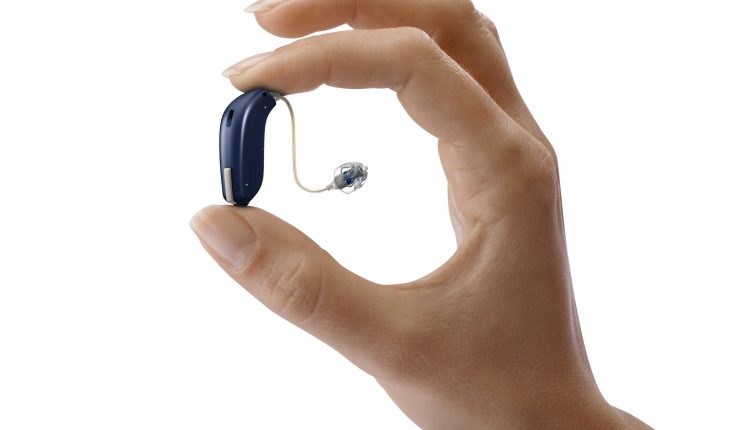Bluetooth enables direct streaming between hearing aid & smartphones
Oticon has licensed and deployed the CEVA RivieraWaves Bluetooth Low Energy (BLE) technology for use as part of the Bluetooth implementation in its recently announced Oticon Opn hearing aid.
Oticon Opn combines breakthrough technologies to “help people with hearing loss hear better, with less effort and better recall” including the innovative TwinLink technology which incorporates both binaural processing & direct connectivity into a single hearing aid design. This unique combination of binaural processing and 2.4GHz Bluetooth connectivity is developed by Oticon as a dedicated hearing aid solution and allows the new Opn hearing aid to directly connect to external Bluetooth-enabled devices, including smartphones, TVs and more. The connectivity element that enables direct connectivity to external Bluetooth-enabled devices is utilizing technology components developed by CEVA.

“BLE is a critical, differentiating feature of our Opn hearing aid, allowing our customers to directly connect and stream audio between their Bluetooth-enabled devices for a significantly enhanced user experience,” said Finn Möhring, Vice President, R&D, Oticon. “We chose CEVA’s RivieraWaves BLE technology as an important component of the Bluetooth connectivity solution of Opn due to its winning combination of market leadership, quality of IP and excellent technical support.”
“We are pleased to announce Oticon as a licensee for our RivieraWaves BLE IP and delighted to see the launch of their Opn hearing aid,” said Aviv Malinovitch, Vice President and General Manager, Connectivity Business Unit, CEVA. “Oticon is incorporating our BLE IP technology at very low power consumption and we applaud their success in bringing this to market.”
The RivieraWaves Bluetooth IP platforms consist of a hardware baseband controller, plus a feature-rich software protocol stack. For BLE, this protocol stack encompasses the Link Layer up to the GAP/GATT plus a comprehensive set of Services and Profiles. For Bluetooth Dual Mode, this protocol stack presents an industry standard HCI interface. A flexible radio interface allows the platform to be deployed with either RivieraWaves RF or various partners’ RF IP, enabling optimal selection of foundry and process node.


Comments are closed, but trackbacks and pingbacks are open.